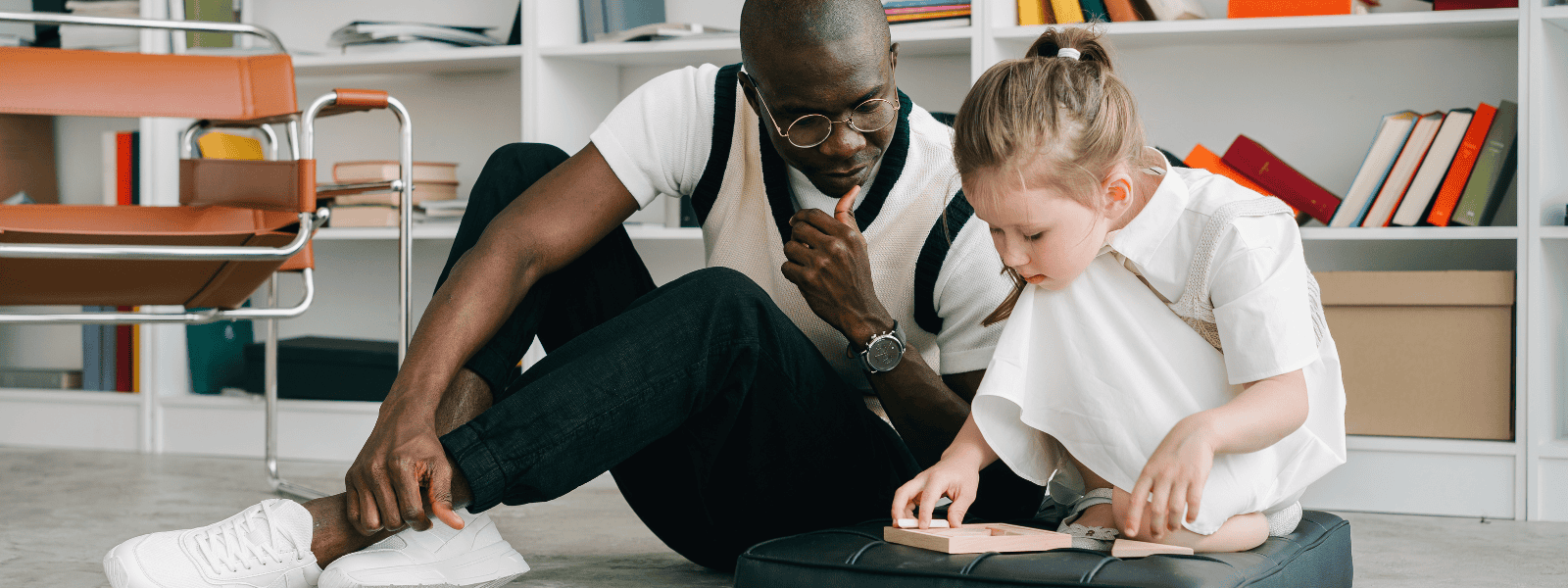15 Gift Ideas for Children With Autism
Shopping for holiday or birthday gifts for children with autism? When choosing presents, you’ll want to factor in the child’s developmental level, interests, and sensory needs—the latter of which can include sensory-seeking and sensory-avoiding behaviors. Whether you’re looking for an educational toy, a sensory-friendly activity, or a therapeutic experience that feels like fun, here are 15 ideas to consider.
Educational Toys
Incorporating elements of learning, educational toys can help children with autism develop cognitive skills, such as memory, visual processing, and auditory processing, among others. Some games and toys can also help teach social skills and emotional intelligence through role-playing, taking turns, following rules, and collaboration.
- Pretend Play Sets: From dollhouses and grocery stores to play kitchens and doctor kits, these items can help children develop creativity through role-playing and social interactions.
- Emotional Expression Dolls or Puppets: These toys can serve as tools to help children express their feelings, as well as identify and understand the emotions of others.
- STEM Toys: Science experiments, building toys, robotics kits, and coding games can help boost cognitive skills like visual processing, logic & reasoning, planning, and working memory.
- Puzzles: Jigsaw puzzles, Rubik’s Cube, and other brain-teaser toys can help with fine motor skills, visual-spatial reasoning, and problem-solving.
- Board and Card Games: To help children develop social skills, look for board and card games that require players to take turns, follow rules, and cooperate or interact with others.
Sensory-Friendly Activities and Toys
It’s important to know if the child to whom you’ll be giving the gift has hypersensitivity or hyposensitivity. The former may increase a person’s sensitivity to certain textures, bright or flickering lights, strong odors, unusual food textures, and loud or sudden sounds, while the latter refers to being under-responsive to sensory input.
Children with hypersensitivity will often try to avoid experiences they find irritating or uncomfortable. But children with hyposensitivity may seek out stimuli, such as rough textures, brightly colored lights, and foods with strong tastes. Some individuals with autism may experience both hypersensitivity and hyposensitivity.
- Handheld fidget toys: To help with focus and anxiety, look for items such as stress balls, squishy toys, and fidget spinners.
- Sensory Play Kits: For children who crave tactile experiences, choose kits with materials like playdough, slime, or kinetic sand.
- Weighted Blankets: Although there are risks for younger children, weighted blankets can help decrease cortisol and increase serotonin and melatonin to ease feelings of stress and anxiety for children over 5.
- Interactive Books: Look for books that feature activities with buttons, zippers, and Velcro to stimulate sensory development.
- Sports Equipment: Children who crave movement and excitement may benefit from a scooter, bike, skateboard, or kickball.
Therapeutic Experiences as Gifts for Children with Autism
If the gift isn’t for your own child or grandchild, consult with the recipient’s parents or caregiver before assuming the therapeutic experience is helpful or welcome. After all, the goal is to provide a meaningful and enjoyable experience that supports the child’s well-being, and you may be unaware of a specific aversion or concern that might render your gift unusable.
- Art Classes: Art therapy or classes can help children with autism feel calm while expressing themselves creatively.
- Music Lessons: Music therapy or lessons can provide an outlet for children to regulate their emotions and develop social and communication skills.
- Animal Therapy Sessions: Whether it’s horseback riding or visiting a petting zoo, interacting with animals can be therapeutic for children with autism.
- Adaptive Sports and Recreation Programs: Programs designed to help children with special needs engage in sports, yoga, or nature exploration can give children the inclusive environment they need to develop physical and social skills.
- Swim Lessons: From safety and increased muscle tone to increased confidence and improved motor skills, the benefits of swim lessons are plentiful for most children. But for individuals with autism, swimming can also provide a calming sensory experience that reduces overstimulation and anxiety.







